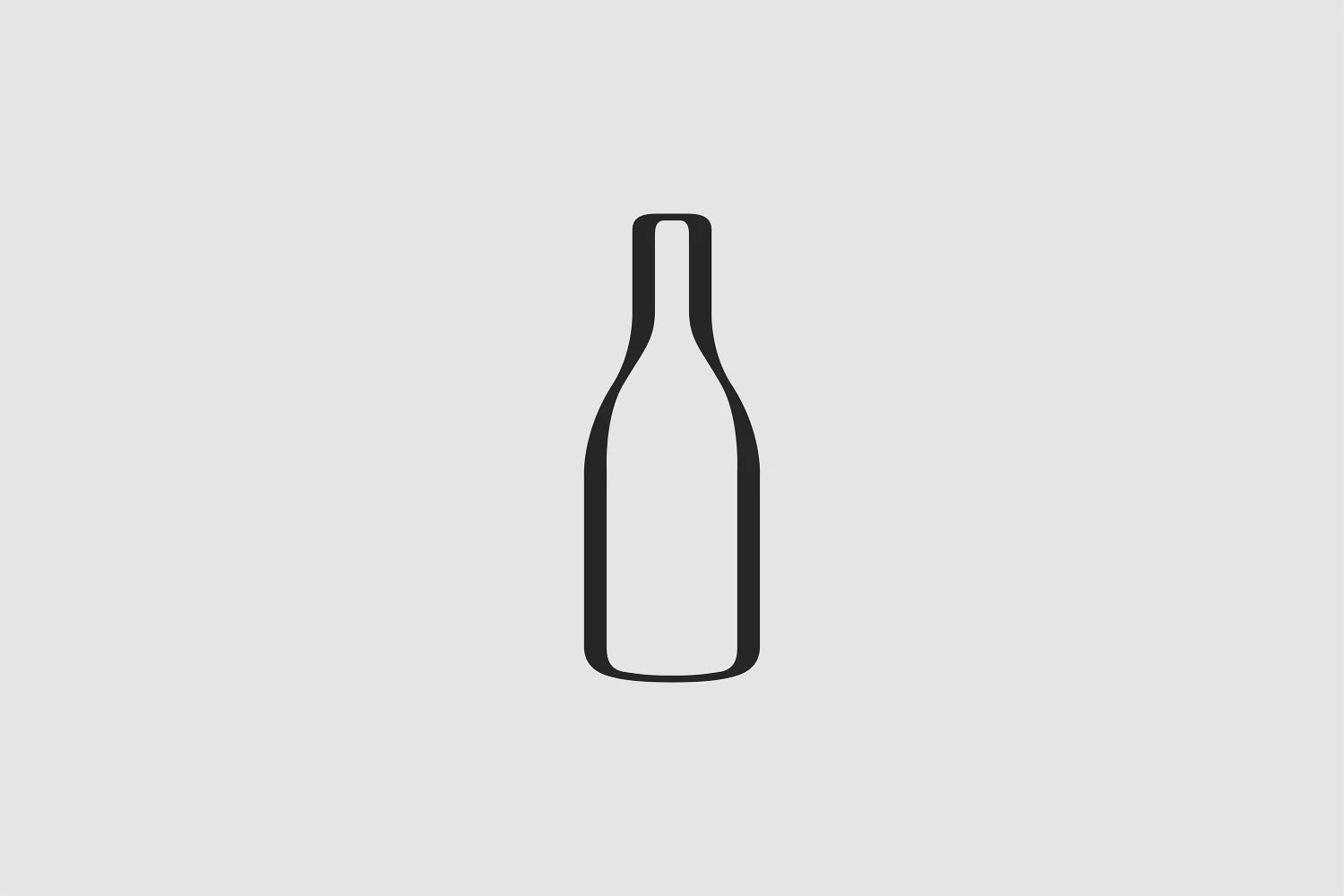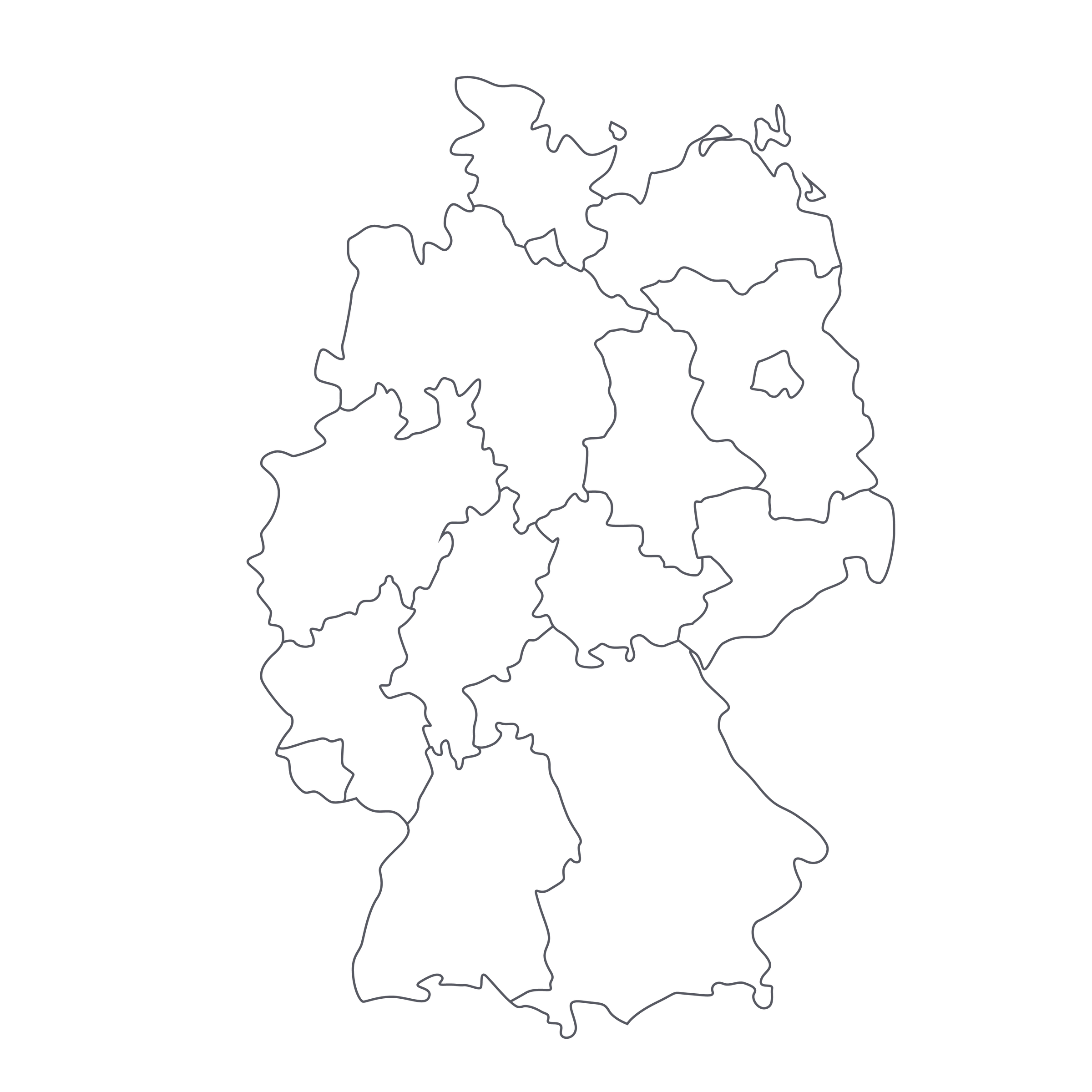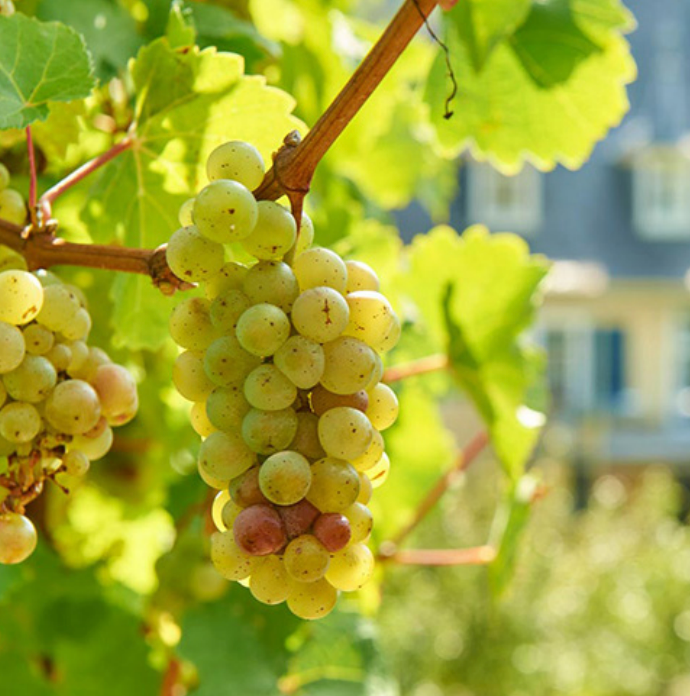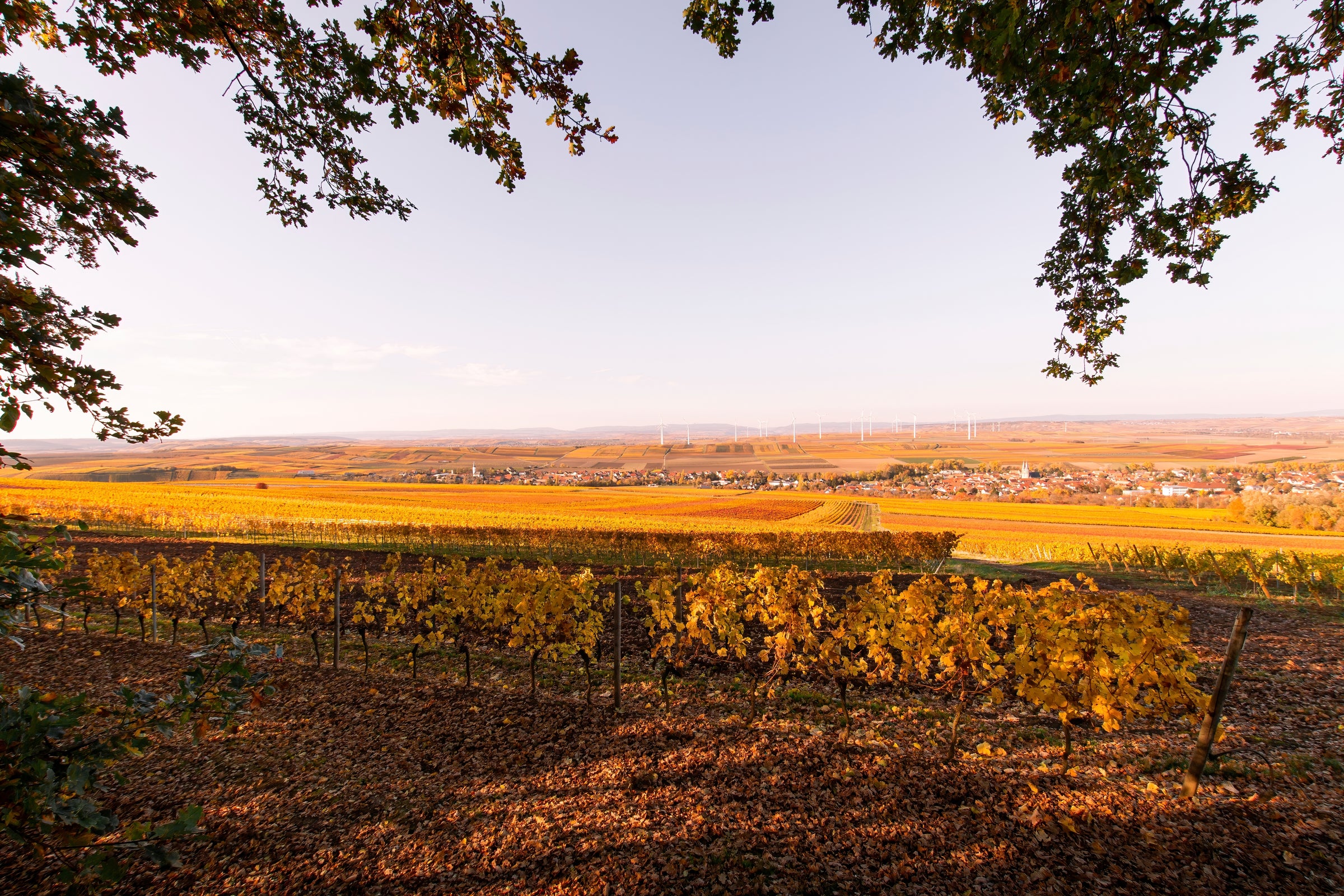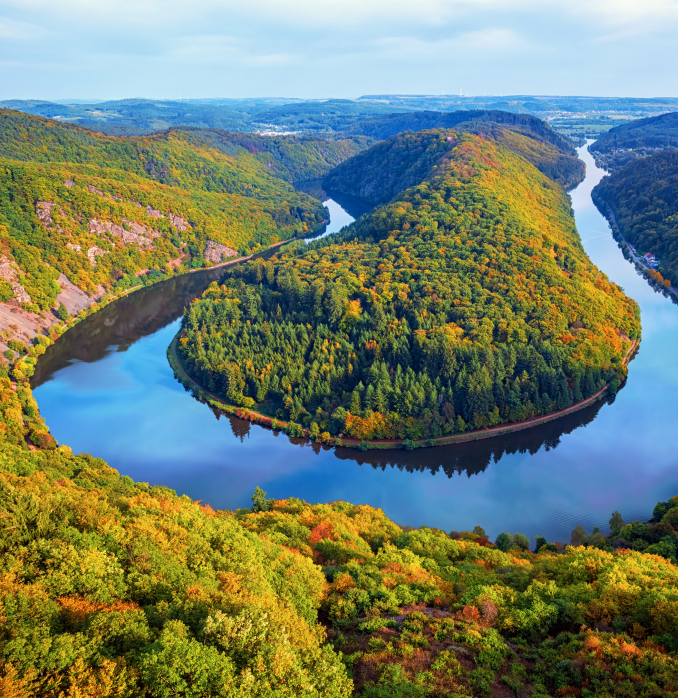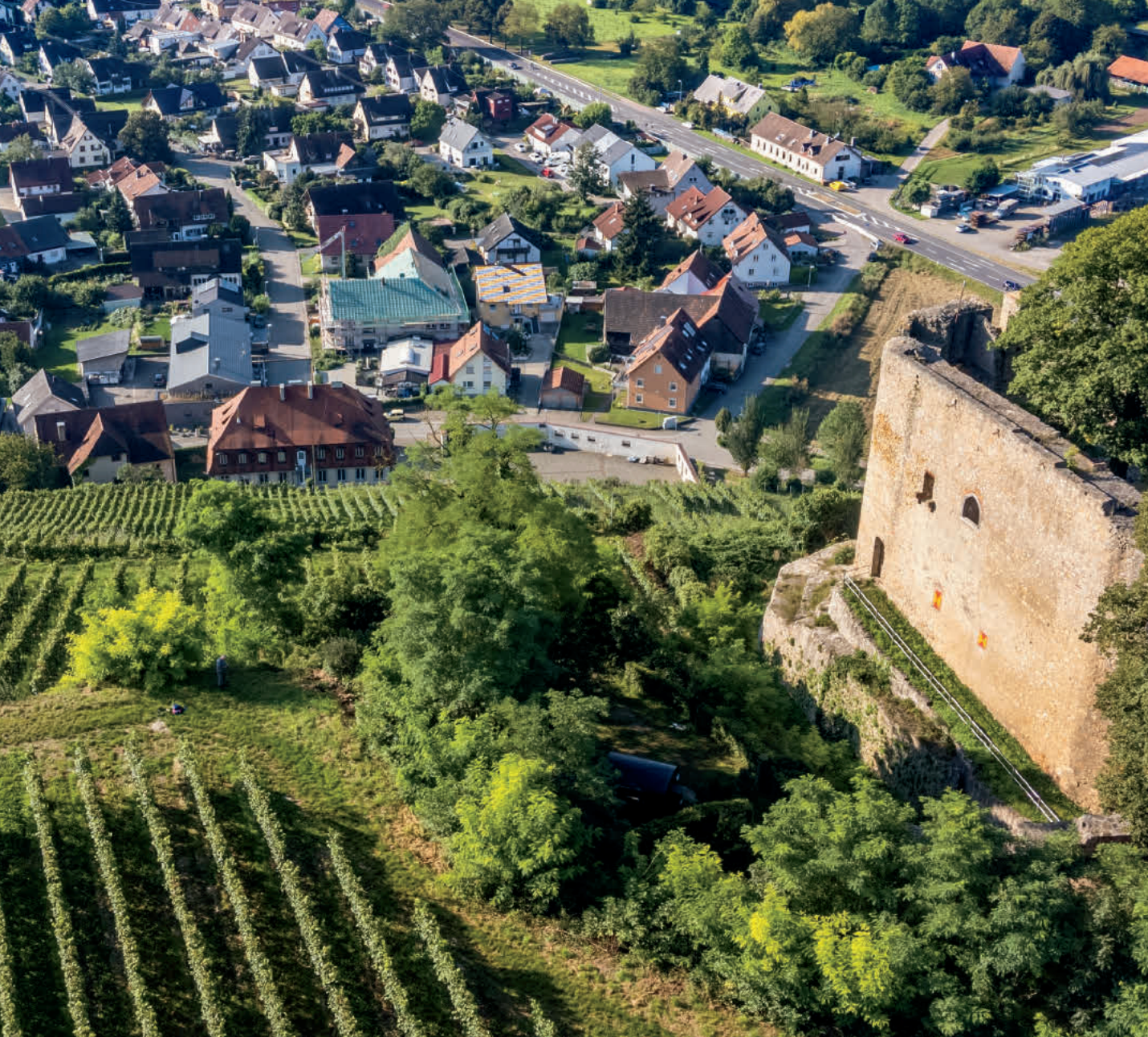Sebastian Schäfer is the man behind the show at Weingut Johann Baptist Schäfer; he took over the estate from his father in 2002, and is the fourth generation of his family to turn his passion for winemaking into a lifestyle and career. The winery and vineyards are situated along the lengthy, gently-flowing Nahe River, and the vineyards are planted on steep, sloping hillsides that extend far into the sky from the riverbanks below. Vineyard management in this region is difficult because of the incline of the vineyards, but this is one of the aspects of terroir that creates such desirable characteristics in the final wine. The fruit for this wine is sourced from old vines from the Pittermännchen vineyard, located in Dorsheim; the vineyard has been classified as one of the estate’s top growing sites for more than 200 years. The clay soils are intermixed with slate and gravel, and the exposure to the sun is south-facing. This combination of proximity to the river, varied soil types, steepness of slope, and southern exposure is what allows for such richness of fruit, a generous amount of residual sugar, laser like minerality, and incredible acidity which brings everything into perfect balance.
Schäfer respects this wondrous terroir by handpicking the grapes and then keeping his intervention minimal in the cellar. He does not follow a single recipe for every wine, but rather focuses on each bottling as an individual entity—making decisions based on terroir, vintage and evolution of the wine. Friends of mine in the industry who are German Riesling geeks tell me that Weingut Johann Baptist Schäfer is going to be on the tips of every critic’s tongue soon, and after tasting the 2013 Dorsheim Pittermännchen, I absolutely have to agree. This is a wine with incredible individuality and I will not shy away from saying that it is one of the best off-dry styles of Riesling I have tasted in a long time.
The 2013 Dorsheim Pittermännchen Riesling Kabinett has a golden core with green reflections on the rim—mimicking the color of the sun as it reflects the healthy, green vineyards of the region. The aromatics are unbelievably pure with aromas of yellow tropical fruits, such as mango and dried pineapple; notes of over ripe white peach, green apple, and yellow papaya are present on both the nose and palate. Additional flavors of kaffir lime zest, crushed slate and petrol also grace the palate. The medium plus body is unctuous in the mouth and after about five seconds, the gentle touch of sugar is replaced by appealing acidity and minerality—making this wine a perfect companion for a wide variety of foods. Ideally serve this wine well-chilled, about 45-50 degrees, in an all-purpose white wine stem. This wine is stunning now, but will age gracefully for decades without effort. My favorite dish to serve along a balanced, off-dry Riesling like this is
Thai Beef curry. You’ll love the way the fresh cilantro and kaffir lime leaves interact with this wine.
